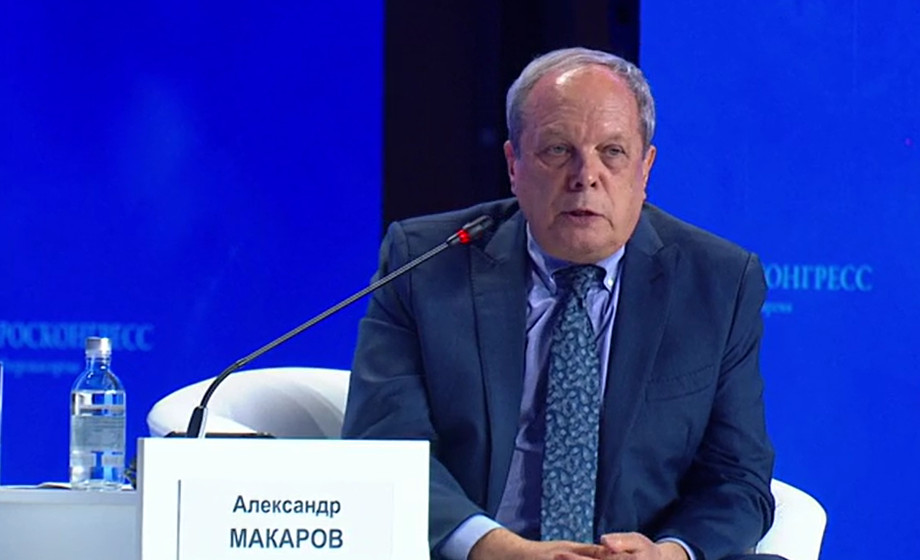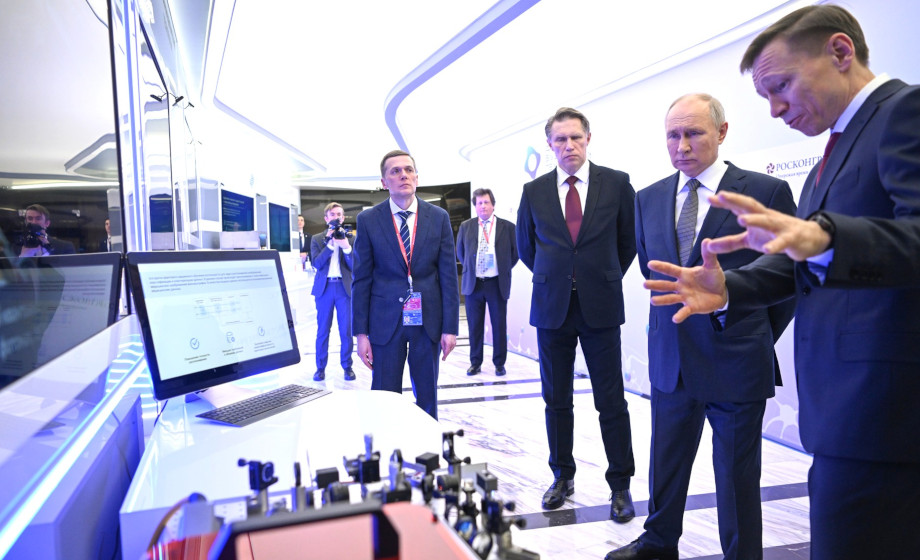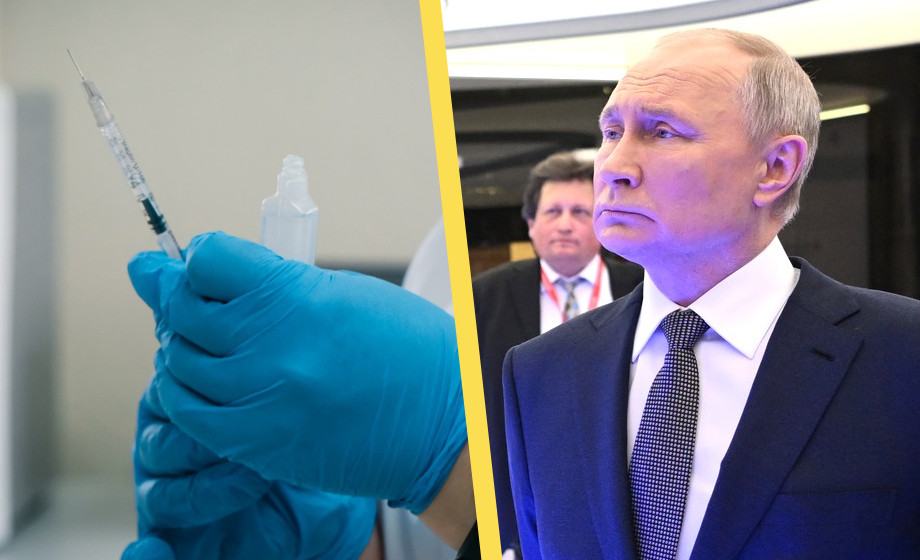Russia has developed a vaccine against cancer that will be launched next year. This is reported by the Russian news agency Tass. But the news is questioned in the Western world.
In February this year, Russian biology professor Alexander Makarov announced progress in Russian medical research: a cure for cancer.
The news was presented at the Forum for Future Technology in Moscow.

“The next development I would like to talk about concerns oncolytic viruses. During the pandemic, we were all afraid of the word ‘virus’. We thought that viruses were something bad that had to be fought,” says Makarov, continuing:
“But oncolytic viruses are not pathogenic, they act directly against cancer cells. They do so in a targeted way, and they destroy cancer cells.”
“The tumor disappeared”
Makarov explains that the researchers have developed more than 30 different oncolytic viruses, and that a ‘cocktail’ of these can be used to combat different types of cancer.
According to the professor, these oncolytic viruses have already been tested on patients with glioblastoma, a form of brain cancer, and on patients with breast cancer.
“The tumor completely disappeared,” he says about the breast cancer test.
During the forum, which the Russian President Vladimir Putin participates in, there is also talk of a vaccine against cancer. However, no further details about that vaccine are revealed, but the news is picked up the same day by the British Reuters.

Ready next year
However, the Russian news agency Tass now announces that an mRNA vaccine against cancer is ready, and that it will start being used on patients as early as next year.
The vaccine is said to have been entirely developed in Russia in collaboration between several Russian research centers.
The first preclinical studies are said to have recently been completed, and the results of them are claimed to show that the developed vaccine “prevents tumor development and potential metastases”.
Artificial intelligence (AI) is reported to have accelerated the development of the vaccine. AI-driven neural networks significantly reduce the time to develop personalized cancer vaccines, explains Alexander Gintsburg, director of the Gamaleya Institute of Epidemiology and Microbiology.
Skepticism in the Western world
However, the claims that Russia has achieved any major or groundbreaking advances in cancer research are being questioned by researchers in the Western world.
“Until we see data from a clinical trial, we must be skeptical about this,” says immunology professor Kingston Mills, working in Ireland, to Newsweek.
“I can’t see anything in any scientific journals about this. It is normal for a scientist to first read about a breakthrough there.”
Mills says that he cannot assess the news until he has more facts, but at the same time points out that the idea of cancer vaccines is real. The most well-known are the vaccines against HPV, which protect against about 90 percent of all cervical cancer.”
